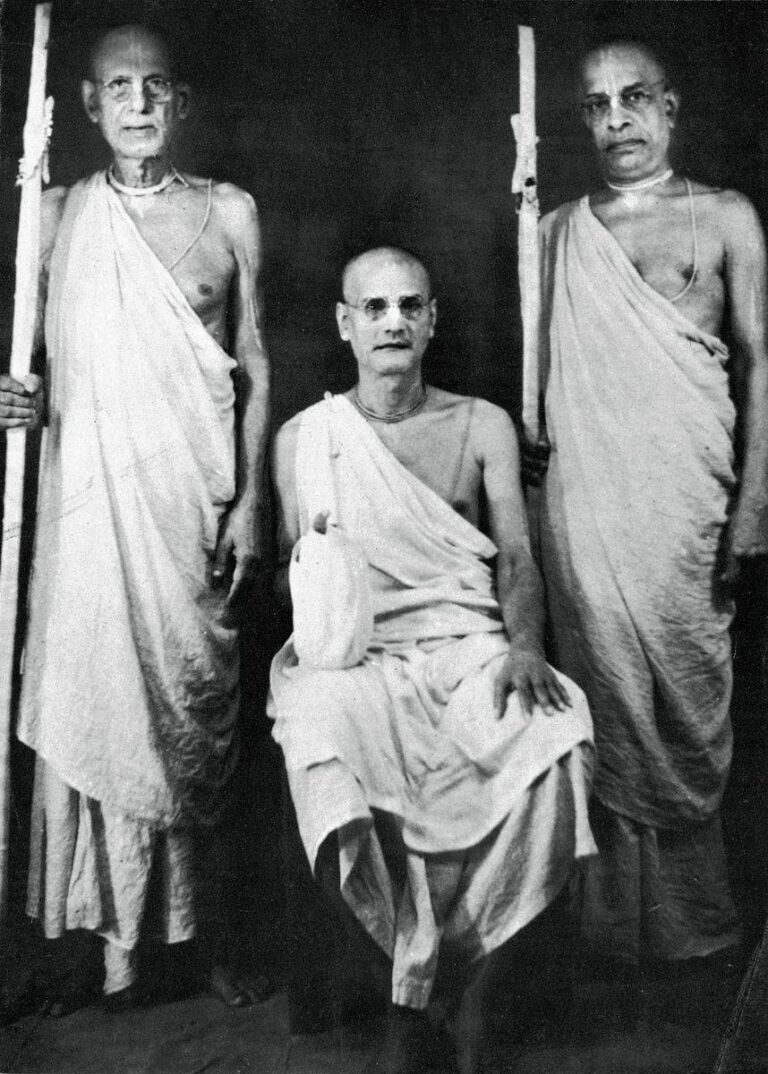
When we think of ourselves we tend to focus on our feelings and sensations. We think of our reasons for actions more in terms of relevant beliefs than desires. We think of our beliefs not as beliefs, but as state of affairs (we see through our beliefs to the world), and we tend to evaluate our actions more in terms of our competence or skill in carrying them out and their efficacy, than in terms of their moral, social, and interpersonal consequences. When it comes to other people, however, we evaluate their actions more in terms of their interpersonal or moral consequences, than in terms of their efficacy. We are also more concerned with discerning their reasons for acting than we are with their feelings and sensations. We are more likely to explain their actions in terms of causal or historical factors, than we are our own. We think of their reasons as dominated more by desires, than our own, and we represent their belief as beliefs.
It turns out there are well-known actor-observer asymmetries, which characterizes the first-person perspective. That is, there are systematic ways in which our thoughts about ourselves, our actions, thoughts and feelings differ from our thoughts about others, their actions, thoughts and feelings. I rely on empirical work by Betram Malle on folk psychology, Roy Baumeister on victims and perpetrators, Lisa Libby and colleagues on episodic memory, and many others.
The last great asymmetry I want to mention is that between victim and perpetrator. Perhaps unsurprisingly, victims tend to regard a wrong committed against them as more serious than they regard a similar wrong they committed against someone else. Victims tend to moralize transgressions, whereas perpetrators maintain that their actions had few, if any, negative consequences. Victims regard the wrong as incomprehensible, senseless, or arbitrary, whereas perpetrators believe their action was justified, was provoked by the victim themselves, or that it could not be helped. As a result, perpetrators think victims are overreacting, whereas victims remain angry.
There are other interesting asymmetries in how we think of our own beliefs and those of others. We think we have limited control over our own beliefs. This is apparently because when we reflect on them, we go straight to the evidence we have for them. However, we are much more likely to think that others can control their beliefs. We think others are more motivated by external incentives, such as money, glory, or power, whereas we believe ourselves more motivated by internal ones. We think others are more defined by their actions, whereas as our intentions and feelings are more characteristic of who we are. The list goes on.
Autobiographical memory research suggests that there are principled reasons why agent and observer perspectives work the way they do, and this has to do with the actions and thought they facilitate. Most of the time, we remember events as we lived them, or from a field perspective. Sometimes, however, we remember a scene where we are represented just like another person would be, namely from the outside. When we do so, Libby argues, we understand the event “top-down,” which is to say we construe the event in terms of its abstract and contextual features, such as its causes, consequences, and so on. We are more focused on distal visual features, on how we might look to others, and the greater visual distance is matched by greater emotional and experiential distance from the event. The field perspective, however, is more likely to produce an affective experience and represents objects in greater detail and situated more clearly in time and place. In other words, it is a more hands-on way of thinking about the world.
In my last post, I talked in general ways about how the creatures that we are determines our pre-reflective way of thinking about the world. We represent things as occurring in time and space as Immanuel Kant observed, for instance. But what concerns me most is the way we represent the world from a first-person point of view. This, I suggested (you will find a fuller argument in the book), is connected with the fact that we are agents, who need to get on in the world before we have the leisure to reflect on it.
It is not hard to see how being the person who acts, who thinks, feels, and perceives influences the way we think of ourselves. I am immediately aware of my feelings and sensations whereas my access to these same structures in others is more mediate, and it is the actions that others perform that affect me more directly, wherefore their intentions in performing them is of great interest to me.
Heidi Maibom, University of Cincinnati and University of the Basque Country
What we can learn from these asymmetries is the topic of the next post.
